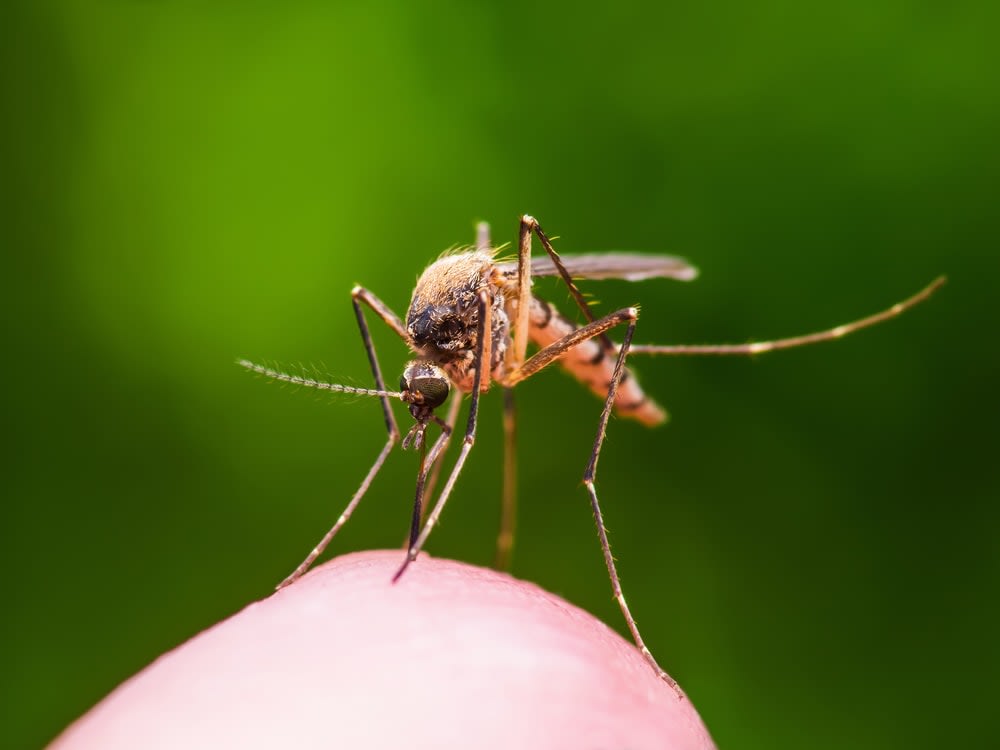Bali: mosquitoes against dengue, Jakarta suspends programme
The Aedes Aegypti species has been injected with the bacterium wolbachia, an organism (harmless to humans) that prevents the spread of the virus that causes dengue. The project was based on a study carried out in Yogyakarta, but according to some experts, this did not give sufficient guarantees for a large-scale replication.
Jakarta (AsiaNews/Agencies) - The Indonesian Ministry of Health has announced that it has suspended a program to release 200 million mosquitoes to fight dengue on the island of Bali.
In fact, it would be the Aedes Aegypti species which was injected with the Wolbachia bacterium, an organism (harmless to humans) that prevents the spread of the virus that causes the disease. By reproducing with normal mosquitoes, "infected" mosquitoes should favor the spread of the bacterium, limiting the circulation of the virus even among humans.
It would not be the first experiment of this type to be implemented to eradicate dengue, which can also be deadly for humans: in the past, experiments have been carried out with positive results in various countries, including recently in Laos.
The Indonesian government's idea to release millions of mosquitoes on the tourist island of Bali is based on a pilot project that took place in Yogyakarta in 2021, but according to some experts it is not sufficiently broad and in-depth to justify its large-scale replication.
The initial study, in fact, took place only in the Sleman and Bantul districts of the city and 4,500 people were subsequently interviewed, a number not sufficient for some scholars, even if the project is part of a joint initiative between the non-governmental organization World Mosquito Programme, Monash University in Australia and Gadjah Mada University in Yogyakarta, and has already been introduced in 14 countries.
According to data from Indonesia's Gajah Mada University, there has been a "77.1% reduction in the incidence of dengue" among populations where Wolbachia mosquitoes were introduced, with an impact that could save from disease affects approximately 11 million people.
Michael Northcott, emeritus professor of ethics at the University of Edinburgh, who has moved between Yogyakarta and Bali since 2019, told the South China Morning Post that the program should not be applied to the island of Bali “until there has been a replication on a large scale in Yogyakarta”.
Also according to the Indonesian scientist Richard Claproth it would first be necessary to carry out an evaluation on a national scale: government officials "say that the study is credible, but even if it were true - he said -, this does not mean that it is possible to implement it in any part of Indonesia”.
However, according to Pandu Riono, epidemiologist at the Indonesian University of West Java, the experts' resistance derives more from a communication problem on the part of the government than from a real risk for the population: the Yogyakarta project "was a success because in the end local community was provided with information and then the program was launched."
Many Balinese interviewed by SCMP, in fact, were not aware of the government's desire to release Wolbachia mosquitoes on the island and subsequently in other regions of the country.
07/02/2019 17:28







.png)










